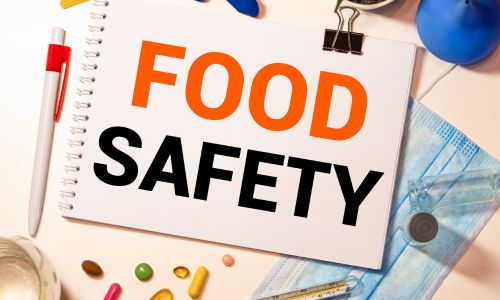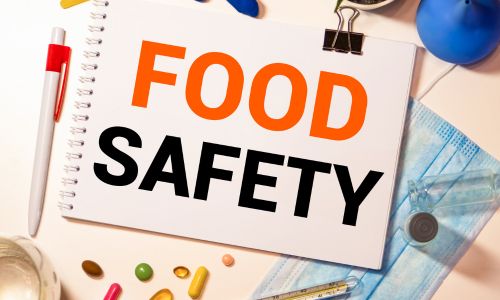WASHINGTON, D.C. — A bipartisan coalition of U.S. Senators and Representatives introduced legislation aimed at safeguarding American agricultural exports during animal disease outbreaks. The Safe American Food Exports (SAFE) Act was introduced by Senators Katie Britt (R-Ala.), Roger Wicker (R-Miss.), Tina Smith (D-Minn.), and Chris Coons (D-Del.), alongside Representatives Randy Feenstra (R-Iowa) and Jimmy Panetta (D-Calif.).
The proposed legislation seeks to codify the role of the U.S. Department of Agriculture (USDA) in establishing regionalization agreements. These agreements would allow for the continued export of livestock, poultry, and other animal products from areas unaffected by disease outbreaks, even if other regions of the country are impacted. Lawmakers supporting the bill emphasize the importance of preventing widespread trade disruptions and maintaining access to global markets.
Supporters of the SAFE Act argue that animal disease outbreaks not only threaten public health and food security but also place significant economic stress on farmers and rural communities. By formalizing USDA’s authority to negotiate regionalization agreements with trading partners, the bill aims to minimize the national economic impact of localized outbreaks.
The bill also includes provisions for improved communication during trade disruptions. A notification system would be established within the USDA’s Import and Export Library to provide timely updates about changes in trade status. This system would alert relevant agencies, industry stakeholders, and state departments of agriculture to shifts in import or export eligibility.
While USDA currently collaborates with the Office of the United States Trade Representative to develop trade protocols, the SAFE Act would offer legislative backing and reinforce the importance of these agreements before outbreaks occur.
Lawmakers from both parties have expressed the importance of proactive measures. Proponents see the legislation as a way to reduce financial uncertainty for farmers, protect global market access, and support national food security strategies.
The SAFE Act will now be considered by Congress, where it may be reviewed by relevant committees before advancing for a full vote.





